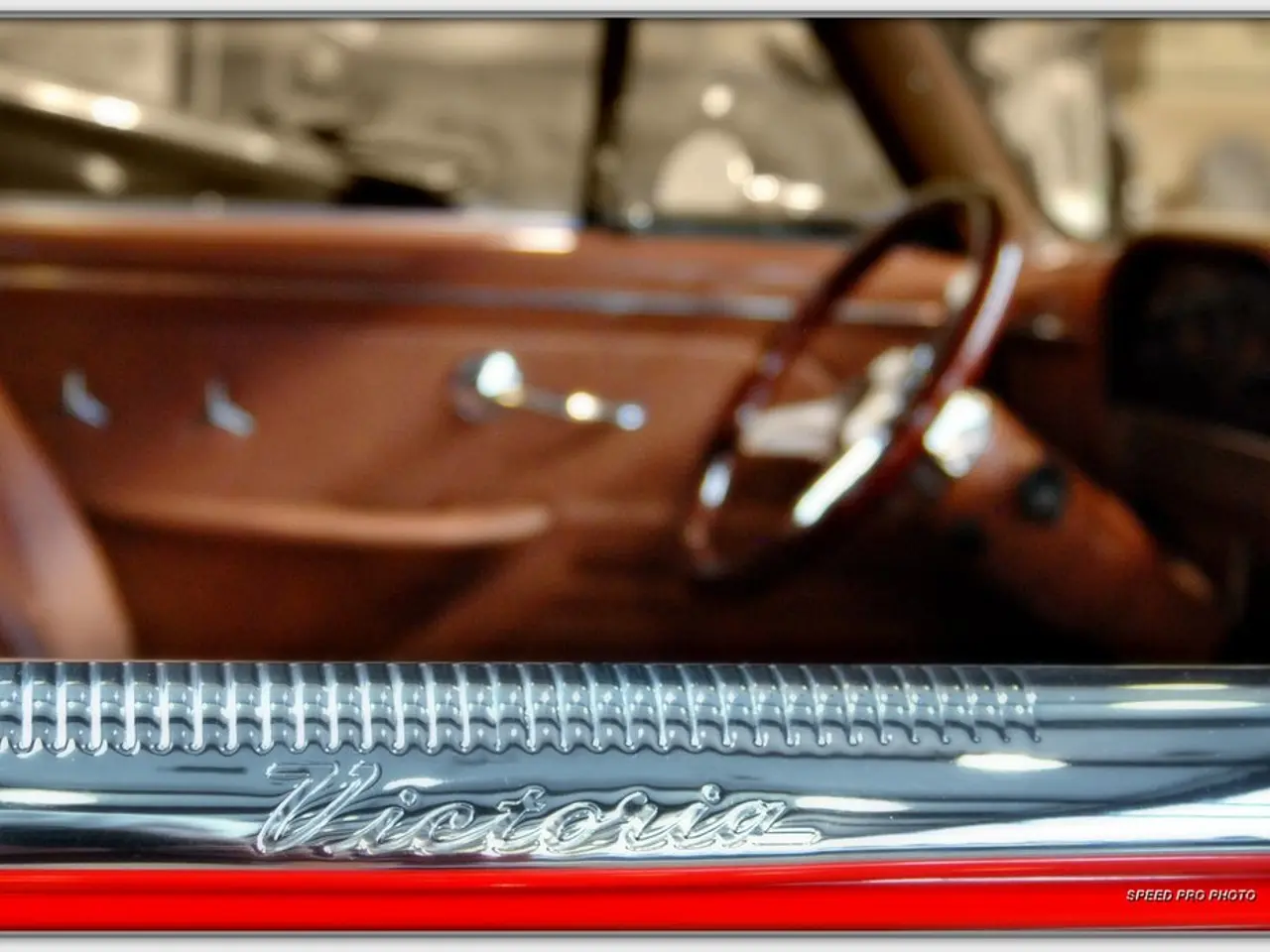Unauthorized Truck Drivers Collude: Driver A, prohibited from driving, picks up Driver B in identical predicament; Cops seize dilapidated vehicles in Moers
Yesterday morning, at 11:30 AM on Tuesday, February 4, 2025, a Bulgarian truck was pulled over by the highway police on the A40. The inspection revealed several defects in the tractor unit, including a defect in the steering and a serious condition that suggested the air suspension bellows were about to burst.
The driver of the truck, a 55-year-old Macedonian individual, was found to not have a valid driver's license or professional driver qualification, breaching EU regulations aimed at ensuring safety, competence, and compliance with EU standards.
In a separate incident, a patrol car spotted a replacement driver for a replacement truck with a trailer on the same route. Upon investigation, it was discovered that the brake pressure reservoir of the truck was temporarily secured with a lashing strap, and the second Macedonian driver, like the first, did not have a valid driver's license or professional driver qualification.
These incidents underscore the importance of adhering to the regulations concerning valid driver's licenses, professional qualifications, and vehicle condition for third-country drivers driving EU-registered trucks. The aim of these regulations is to curb illegal employment and maintain road safety.
Third-country drivers must hold a valid driver's license that is recognized in the EU, covering the category of vehicle driven. In many cases, third-country licenses need to be accompanied or exchanged for an EU driving license after a specific period or after residing in an EU member state.
Drivers engaged in professional transport must have a Certificate of Professional Competence (CPC) or an equivalent professional qualification recognized under EU law. The CPC ensures that the driver has adequate skills and training for commercial road transport.
Trucks registered in the EU must comply with European vehicle standards concerning safety, roadworthiness, emissions, and technical inspections. Vehicles must pass regular inspections and adhere to EU regulations on environmental and safety conditions.
While trade pacts like the EU-US agreement influence vehicle standards, EU member states currently enforce strict safety regulations for trucks used in professional transport. Several reports and administrative offenses were written in connection with these incidents, and the companies involved were informed that the tractor units would have to be towed away.
The EU is actively working on attracting third-country drivers while ensuring they meet professional standards and receive appropriate training and reskilling to stay updated with technological and regulatory developments. The focus is on maintaining road safety and professional competence.
[1] European Commission. (n.d.). Driving licences. Retrieved from https://ec.europa.eu/transport/road_safety/driving_licences_en [2] European Commission. (n.d.). Individual Vehicle Approval (IVA). Retrieved from https://ec.europa.eu/growth/sectors/automotive/iva_en
- The incidents involving the Bulgarian and replacement trucks on the A40 route highlight the need for third-country drivers to abide by EU regulations, particularly those concerning valid driver's licenses, professional qualifications, and vehicle condition, as these measures aim to combat illegal employment and ensure road safety.
- As a third-country driver, it is mandatory to possess a valid EU-recognized driver's license that covers the vehicle category driven, and in many cases, third-country licenses need to be exchanged or accompanied by an EU driving license after a specific period or residency in an EU member state.
- In addition to a valid driver's license, professional transport drivers engaged in driving EU-registered trucks must possess a Certificate of Professional Competence (CPC) or an equivalent professional qualification that ensures they have adequate skills and training for commercial road transport.




